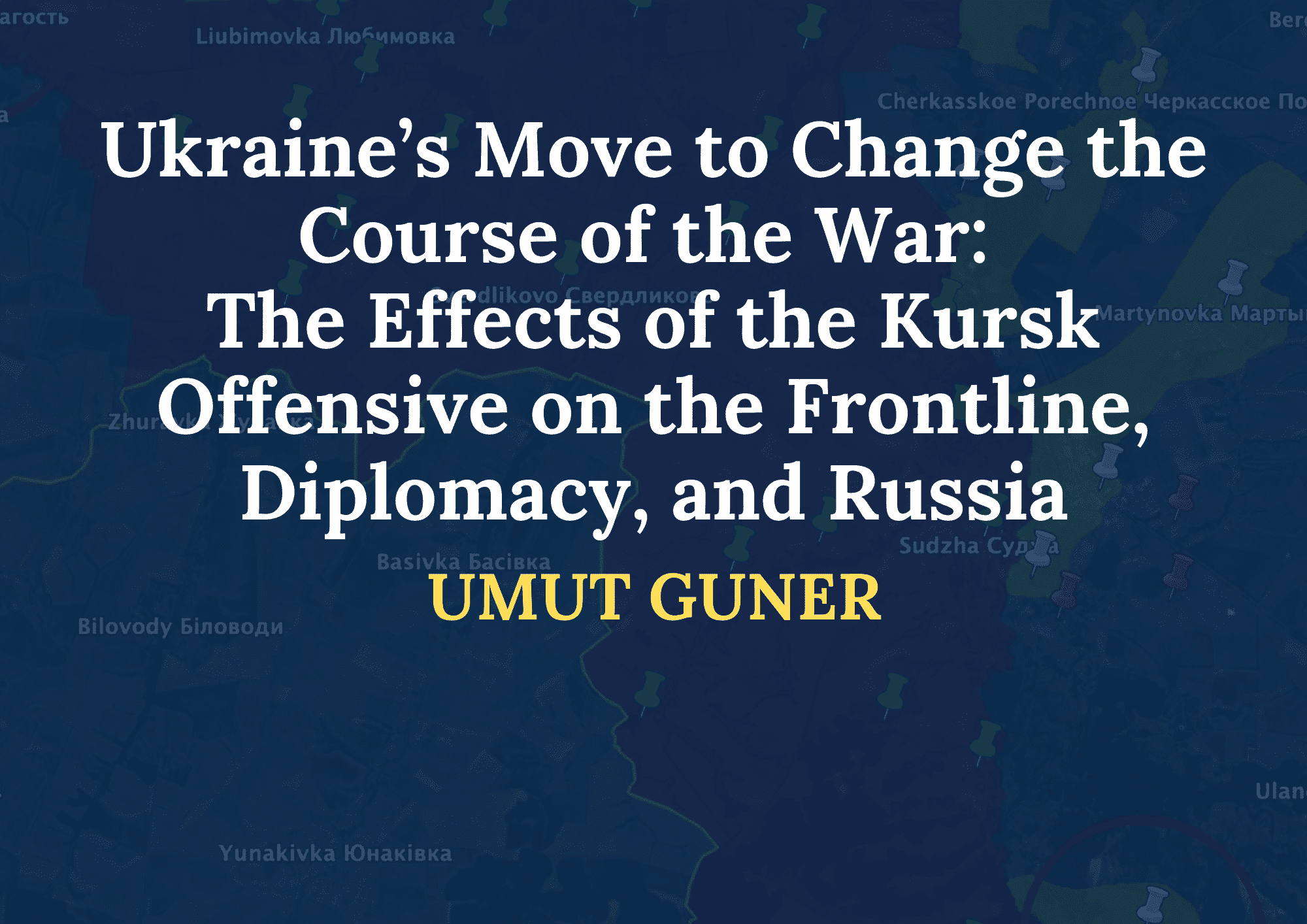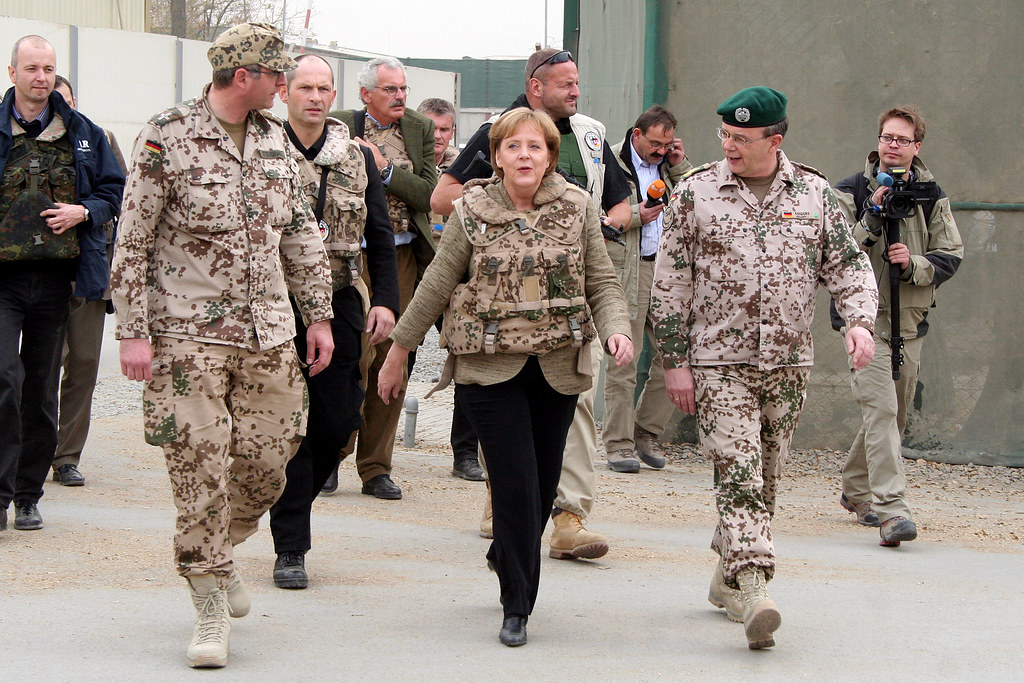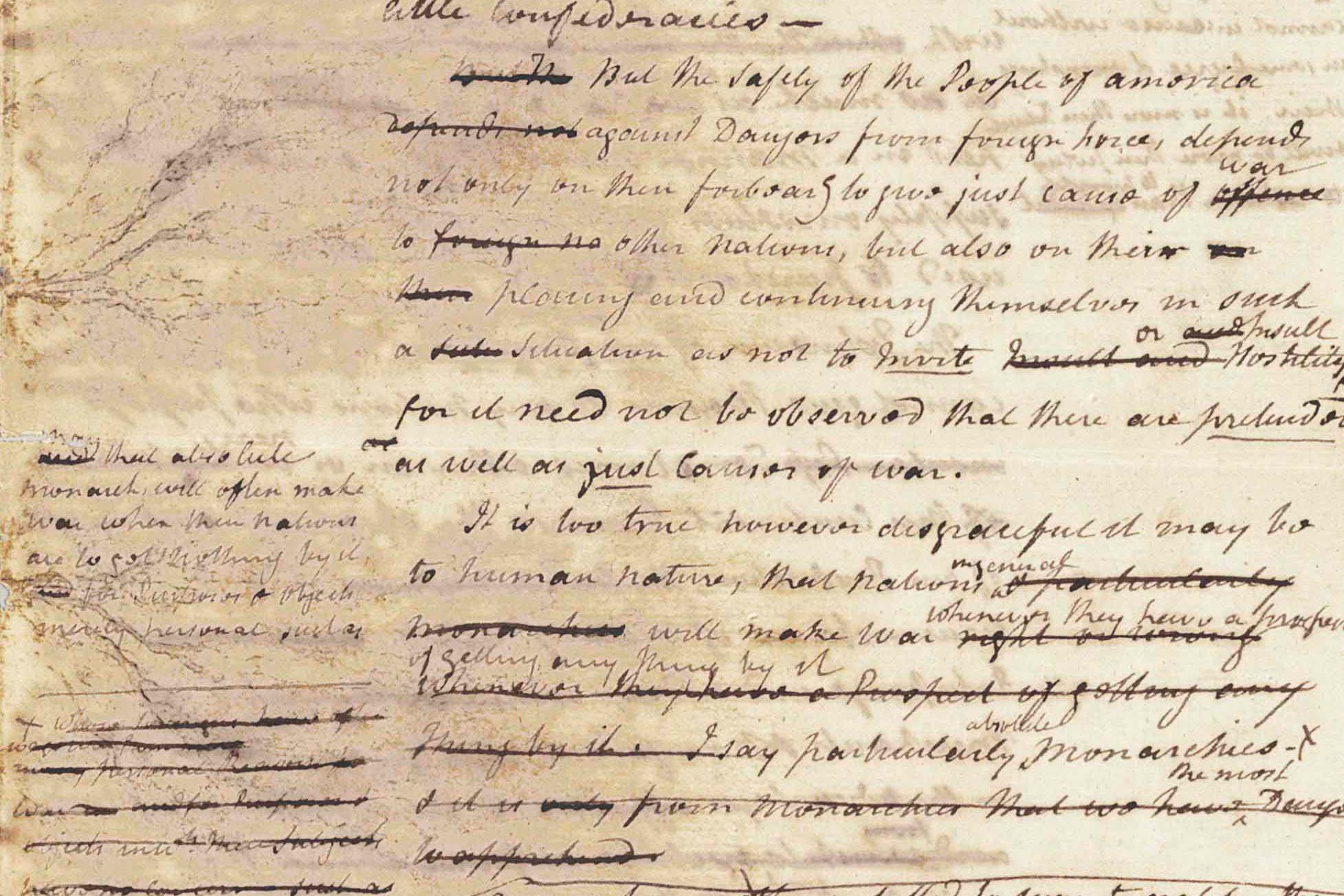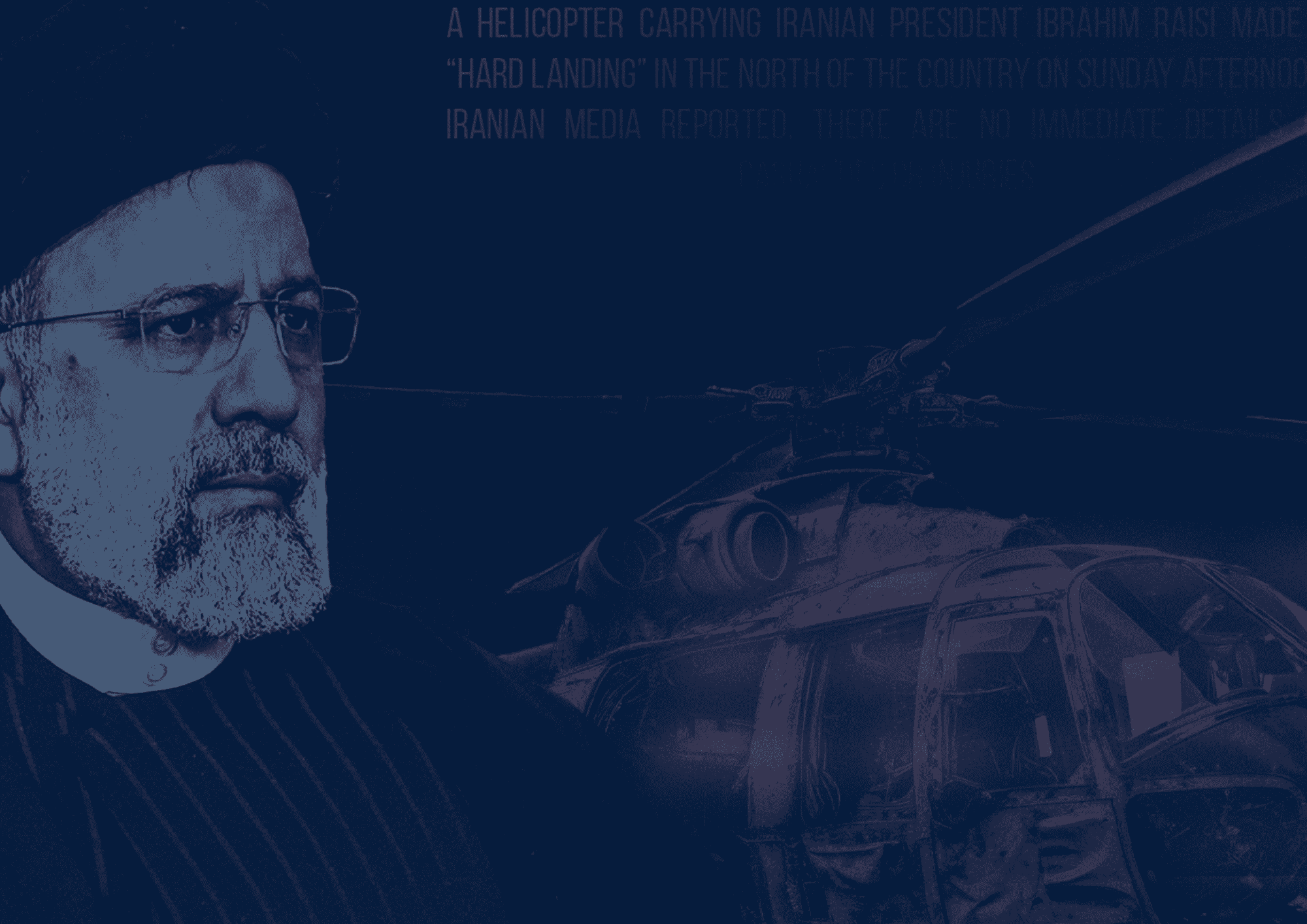As the Russia-Ukraine war approaches its third year, the dynamics of the conflict continue to evolve daily, with new developments occurring both on the front lines and behind them. Notably, this war stands out as one where military innovations are being introduced and tested more than in many previous conflicts. The nature of the war is constantly shifting and reshaping itself.
Over the past year, the war has progressed with Russia attempting to maintain its foothold in Donetsk and Luhansk, slowly but steadily achieving certain gains. However, the dynamics of the war changed when Ukrainian forces unexpectedly launched a comprehensive attack on the Russian border town of Kursk in recent days. This Kursk offensive, which began on August 6, 2024, is considered a significant turning point with the potential to alter the course of the war. Ukraine’s move carries elements that could negatively impact Russia’s progress in the war. First and foremost, Russian forces, which had begun making significant advances in Donetsk and Luhansk, were forced to slow their progress and redirect military forces to Kursk. At the same time, the Ukrainian advance into Kursk, a civilian settlement, disrupted the daily lives of Russian civilians living in the area, leading to their evacuation. This situation negatively affected Putin’s image among the public and raised concerns about the security of the country’s borders.
It is difficult to predict how long Ukraine’s Kursk offensive and the advancement into Russian territory will last, given the current state of Ukraine’s military forces. Despite Ukraine’s long-standing mobilization efforts, the country faces a shortage of military personnel, and delays in Western aid present significant obstacles to turning the Kursk operation into a long-term campaign. Nevertheless, Ukraine’s initial deployment of approximately two brigades to the region demonstrates the strategic planning behind this attack and highlights how organized and extensive Ukraine’s offensive has been.
When considering the Kursk offensive in broad terms, Ukraine stands to gain several advantages from this attack. First, it presents a crucial opportunity to bolster trust and seek increased support from the West. Additionally, the halting of Russian advances in Donetsk and Luhansk and the potential division of Russian forces in those areas are significant outcomes. Diplomatically, Ukraine could strengthen its position in prisoner exchanges and peace negotiations, gaining leverage.
On Russia’s side, it remains unclear how Moscow will respond to Ukraine’s offensive and what actions will be taken. Initially, Russia began evacuating civilians from the region and soon after deployed soldiers from various fronts to the area. If Russia diverts troops from the eastern front to reinforce Kursk, it risks losing momentum on those fronts. The declaration of a state of emergency in the Kursk region and the evacuation of the local population suggest that Russia may take serious retaliatory measures against Ukraine’s offensive. Among the possible responses being discussed is the use of tactical nuclear weapons in the region.
In conclusion, the Kursk attack marks a new phase in the war for both Ukraine and Russia. Ukraine’s efforts to boost morale, halt Russian advances, and demonstrate that Russia can be defeated on its own soil have emerged as key strategic goals for Kyiv, solidifying its importance in international relations and realpolitik.



